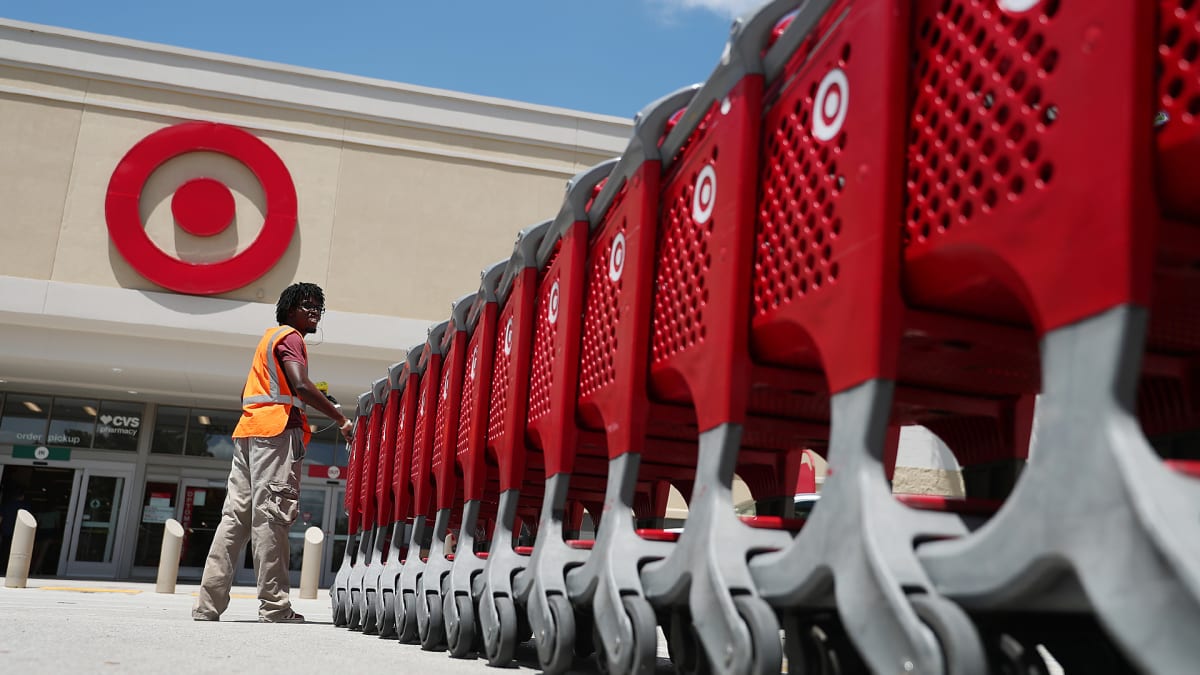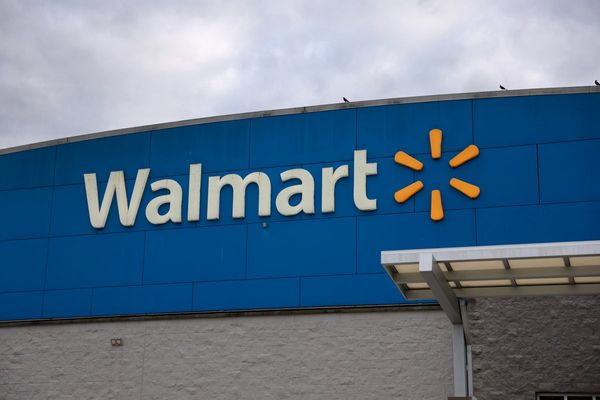
Prices at America's grocery chains have gone up pretty much across the board.
Some items have increased modestly while outliers, like eggs, have jumped. You can blame inflation, the supply chain, or whichever political party you don't support, but higher prices are real and have caused a lot of stress for millions of people.
Shoppers generally also believe that prices are higher than they actually are.
"Americans believe that grocery retailers are earning a 35.2% net profit-margin, 14 times higher than grocers’ actual net-profit margin average of 2.5%, and that food-at-home inflation is 24.3%, double the annual rate reported by the U.S. Bureau of Labor Statistics," according to the Chicago customer-data platform dunnhumby.
DON'T MISS: Walmart, Kroger, Amazon, and Grocery Stores Have a Problem Bigger Than Inflation
That doesn't mean prices haven't gone up -- 12% inflation is not a small number historically. And egg prices did more than double, to $4.25 a dozen in December 2022 from $1.73 in late 2020, before recently falling a bit.
But perception being different from reality puts grocery retailers like Walmart (WMT), Target (TGT), and traditional chain Kroger (KR) into precarious positions. If people believe both that the mainstream chains are jacking up their profits and that inflation is twice as high as it actually is, they might opt for dollar stores or other perceived low-cost options. (Dollar stores on a per-unit basis are often more expensive.)
That means that Walmart and Target -- which have both sharply focused on affordability -- need to not just offer low prices; they must convince consumers that that's what they're doing. Both companies have embraced that effort and are looking to demonstrate value for consumers as Easter approaches.

Image source: Justin Sullivan/Getty Images
Target Uses the Easter Basket as an Example
Perception is a fragile thing. Data showing where prices actually fall historically matter little when people believe they are high. To counteract this consumer disconnect, Target has decided to push the value of its Easter basket to consumers, which could/should have a halo effect on the entire brand.
The chain has been promoting its offering of more than 200 seasonal treats that fit well in an Easter basket for under $5 each. Call it affordable indulgence for a season during which people want to treat their kids while also having to bear the added expense of holiday dinners.
Target has also made sure to use its Easter-basket offerings to reinforce the value proposition of its owned-and-operated house brands.
"Our affordable basket builders go beyond a wide assortment of treats from beloved national brands to include more than 30 new seasonal sweets and snacks from Target-owned brand Favorite Day," the retailer said.
Walmart Takes an Even Bolder Approach
While Target has chosen subtlety to show off its broader value by highlighting its Easter-basket offerings, Walmart decided to be blunter. The retailer's executive vice president of food, John Laney, laid out its holiday plans in a blog post.
"At Walmart, our purpose is to help customers save money and live better. We’re committed to keeping prices low, so families can spend less time worrying about the cost of coming together and more time celebrating with their loved ones," he said.
"To ensure our customers can do just that, we’re continuing to invest in the moments that matter this year by offering a Walmart-curated Easter meal and Easter basket at last year’s price."
Laney said the chain can't control the price of certain commodities, but it can lower the price of other items to offset any increases.
"Even with some food costs stabilizing, they remain high overall, especially for Easter essentials like eggs. That’s why we’ve worked hard to offset the higher cost of eggs by lowering the cost on other Easter essentials and offering an entire Easter meal at the same price as last year," he shared.
Walmart will be selling curated Easter meals and Easter baskets as a way to use bundling items to keep prices low in total.
Both Walmart, with a market cap of $372 billion and Target ($72.9 billion) have a major purchasing-power advantage over Kroger ($33 billion). Smaller regional grocery chains would be at an even larger pricing disadvantage as they simply don't have the leverage the bigger players do.







